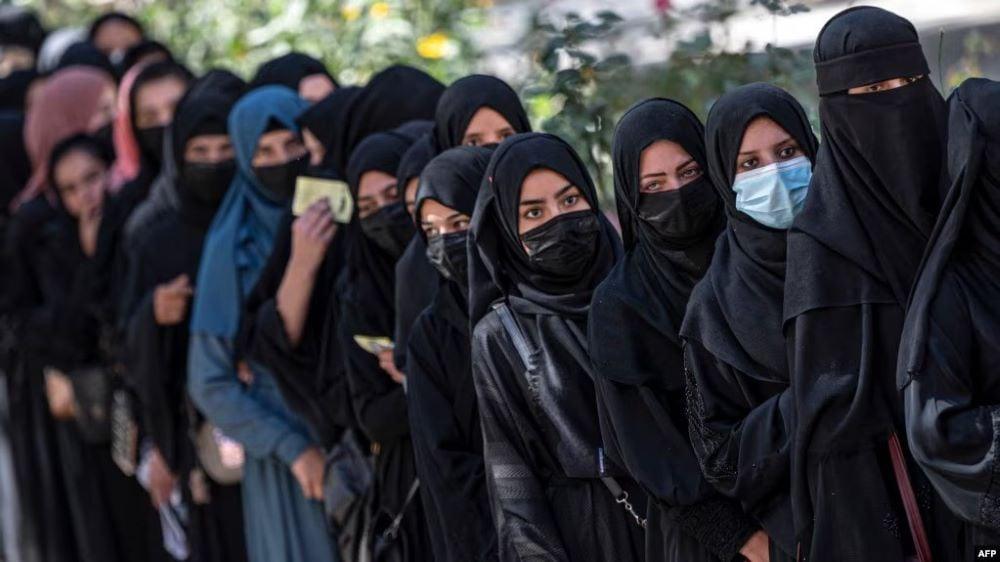The Taliban administration in Afghanistan has conditionally agreed to allow Afghan women to take a higher education in Pakistan. This agreement depends on the condition that their male guardians, or mahrams, have a visa to accompany them.
The advertising coincided with admission tests held on Saturday, with hundreds of Afghan students competing for seats in graduate, postgraduate and PhD programs at Pakistani universities. Afghan refugees living in Pakistan participated in the tests in Peshawar and Quetta, while students in Afghanistan are scheduled to take the exam online in the coming days.
Pakistan’s special envoy for Afghanistan, Mohammad Sadiq, revealed that approximately 21,000 Afghan students, including over 5,000 women, had applied for the upcoming academic sessions during the fully funded Allama Iqbal Scholarship program. Pakistan’s Higher Education Commission (HEC) is tasked with selecting up to 2,000 students, with one -third of the seats reserved for female candidates.
An official of the Pakistani government who spoke on condition of anonymity confirmed the Taliban’s conditional agreement and Pakistan’s obligation to issue visas to guardians to ensure compliance with Afghan laws. However, the Taliban has not officially commented on this development.
The scholarship’s initiative designed to strengthen the ties between the two nations focuses on providing education in areas such as medicine, technology, agriculture and computer science. It had previously been disturbed after the Taliban regained power in 2021, banning girls’ education beyond the sixth grade and limited Afghan women from traveling without male companions.
This recent decision marks a significant shift in the midst of increasing criticism of Taliban’s limitations of women’s rights, as the UN has described as “gender apartheid”. While the Taliban defends their policies in accordance with Islamic Law and Afghan culture, international calls to change policy continues.
The admission tests come at one point with strained relationship between Pakistan and Afghanistan, worsened by accusations that the Taliban houses anti-Pakistani militants. Despite these tensions, both nations are working to promote cooperation in education, trade and other sectors with the hope of improving bilateral relations.



